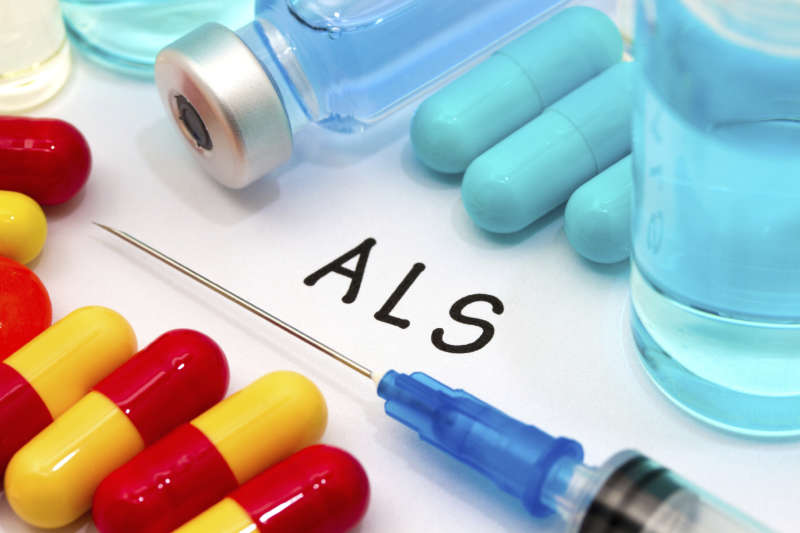
A diagnosis of ALS (also known as Lou Gehrig’s Disease) likely raises a lot of questions for both the patient and his or her family. What caused the disease? How will it affect my life today, and in the future? Where can I find care support in Central New Hampshire?
As many as 30,000 Americans are currently living with ALS, with about 5,600 new diagnoses each year, and the causes and risk factors are still unclear and a bit surprising, such as the doubled risk of veterans deployed during the Gulf War to develop ALS.
Although each person can experience ALS differently, there’s a general progression of the disease through several stages that it may be helpful to understand, allowing those with ALS and their families to put a care plan in place:
Early Stages
- Symptoms may be limited to a single region of the body
- Mild symptoms may affect more than one region
- For some people, the muscles for speaking, swallowing or breathing are the first to be affected
Possible Symptoms:
- Fatigue
- Poor balance
- Slurred words
- Weak grip
- Tripping when walking
Middle Stages
- Some muscles are paralyzed, while others are weakened or unaffected
- Symptoms become more widespread
- Twitching may continue
Possible Symptoms:
- Difficulty standing on one’s own
- Difficulty eating and swallowing – causing choking
- Finding it hard to breathe, especially when lying down
- Some people in this stage experience bouts of uncontrolled and inappropriate laughing or crying called the pseudobulbar affect (PBA)
Late Stages
- The person with ALS is unable to care for his or her own needs
- Speech may no longer be possible
- Eating and drinking by mouth aren’t possible
Possible Symptoms:
- Most voluntary muscles are paralyzed
- The ability to move air in and out of the lungs is severely compromised, causing fatigue, fuzzy thinking, headaches and susceptibility to pneumonia
- Severely limited mobility
For help at home through any of the stages and symptoms of ALS, Live Free Home Health Care, providers of top-rated home care in Bristol, offers compassionate, skilled in-home care that allows each individual to maintain dignity, independence, and the highest possible quality of life. All of our home health care services begin with an in-home assessment and creation of an individualized plan of care by a registered nurse, and that care plan is continuously reviewed and updated as needed to provide the most appropriate level of care at all times. We proudly offer our exceptional home care in Bristol and the surrounding communities, and we welcome you to contact us any time at 603-217-0149 to learn more.
